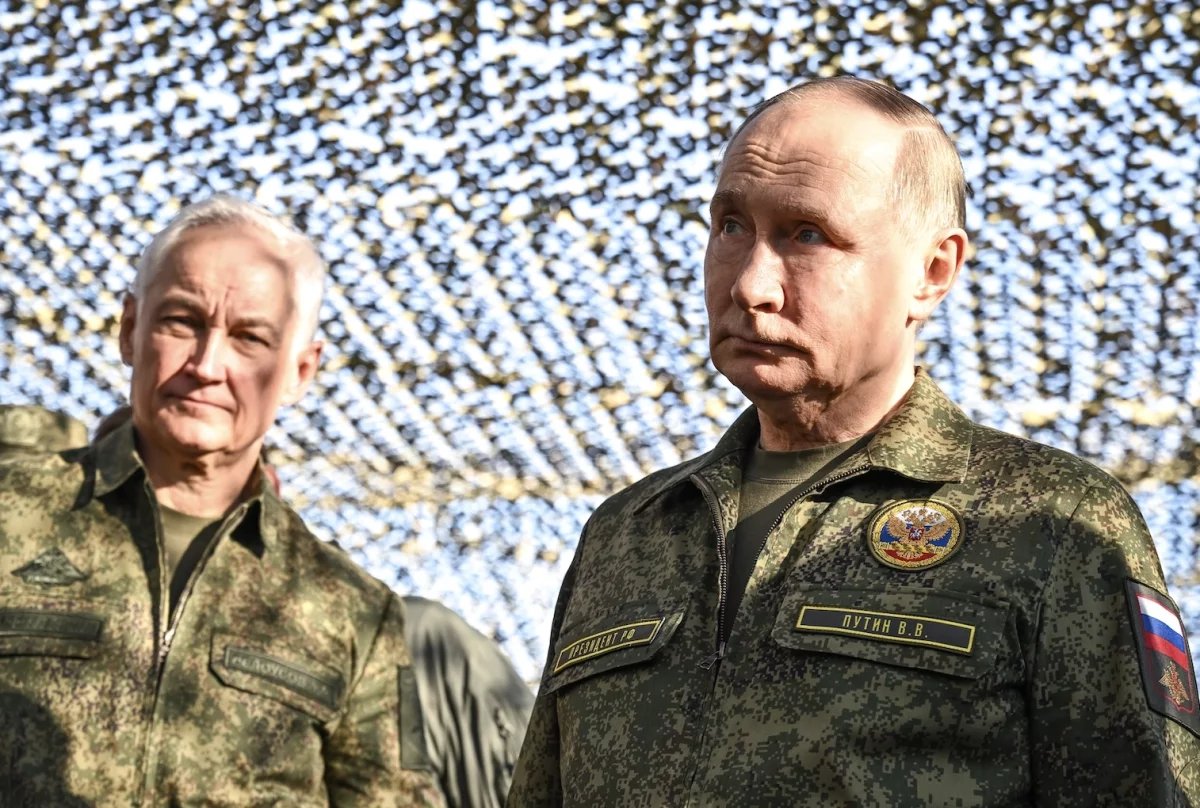Putin Orders Review of Possible Nuclear Test Preparations Amid U.S. Ambiguity
Amid rising strategic uncertainty, Russian President Vladimir Putin on Tuesday instructed his top security, intelligence, and defence leadership to begin formal consultations on the potential resumption of nuclear weapons testing. This is a dramatic signal that Moscow is prepared to mirror any similar moves by the United States.
 |
| File Photo: Russian President Vladimir Putin; Via: Visegrad24 |
At the centre of the meeting was an interjection from State Duma Speaker Vyacheslav Volodin, who pressed Putin for clarity on the Kremlin’s position following Donald Trump’s public call for renewed U.S. nuclear weapons testing.
Trump, currently leading the 2026 presidential race, had earlier stated the U.S. would “immediately resume testing,” prompting alarm among Russian lawmakers and officials.
Defense Minister Belousov said that while the U.S. administration has not officially withdrawn from the moratorium on nuclear testing, its actions, including weapons modernisation and doctrinal shifts, suggest active preparations.
He cited Washington's development of the Sentinel ICBM, the B-21 Raider bomber, and Dark Eagle hypersonic systems, as well as strategic drills like Global Thunder 2025, which simulated preemptive strikes on Russian targets.
“These measures reflect a coherent U.S. trajectory aimed at destabilising global strategic balance,” Belousov said, recommending that Russia initiate technical preparations for tests at Novaya Zemlya, the country’s Arctic nuclear test site.
FSB Chief Bortnikov and SVR Director Naryshkin urged caution but acknowledged the ambiguity surrounding U.S. intent. Naryshkin said Russia’s embassy in Washington had received no official clarification from either the White House or the State Department, despite direct diplomatic outreach.
Shoigu added that statements from multiple U.S. officials, including Secretary of Defense, Energy Secretary, and Vice President, reinforce the view that controlled underground nuclear testing is being actively considered in the U.S., albeit in non-traditional formats.
He noted that such tests, even without large-scale detonations, could involve validation of next-generation nuclear warhead designs.
Putin concluded the discussion by reaffirming that Russia remains committed to the Comprehensive Nuclear-Test-Ban Treaty (CTBT) but with a clear caveat.
“If the United States or any other CTBT signatory resumes testing, Russia will be forced to respond in kind,” he said, directing the Ministry of Foreign Affairs, Defence Ministry, and intelligence agencies to gather intelligence, conduct scenario analysis, and prepare interagency recommendations for next steps.
The sharpest implication of the meeting was the political signalling that Russia, like the U.S., may no longer feel constrained by past arms control norms if its strategic competitors treat them as obsolete.
ALSO READ:
